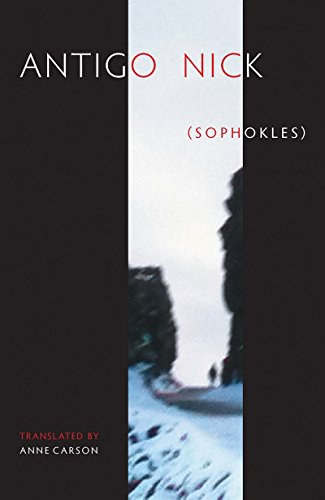
Antigonick补充,解读女性传统力量
书名:Antigonick
1
0

斩赤红之瞳 2023-09-01 00:51:20
Antigone: We begin in the dark and birth is the death of us. Ismene: Who said that? Antigone: Hegel. Ismene: Sounds more like Beckett. Antigone: He was paraphrasing Hegel. Ismene: I dont think so.
This dialogue between Antigone and her sister Ismene opens with the line, "I stand outside your door, the odd thing is, you stand your outside your too, that door has no inside." I believe this resonates with Judith Butlers book, "Antigones Claim: Kinship Between Life and Death." Additionally, I want to add an interpretation: Hegel believed that Kreon represents law, the city-state, public order, and political ideals, while Antigone represents divine law, family, and the private realm, thus creating a binary opposition between male and female, universality and individuality, defiance of prohibitions and family shame. Elizabeth Butler (Irigaray) refutes this view, arguing that gender difference theory at the time made it impossible for women to be subjects of consciousness and excluded them from the political sphere. Antigone only becomes an ethical exemplar by burying her brother (entering the public sphere).
相关推荐
萤火谷的梦想家
艾莉森•麦吉出生于1960年,是美国《纽约时报》畅销书作家,同时也是大都会州立大学创意写作课的教授。她的作品被翻译成20多种语言并出版,也曾被提名普利策奖,并获得苏斯博士奖金奖、克里斯托弗图书奖、美国 [美]艾莉森•麦吉/[美]克里斯托弗•丹尼斯/绘 2023-03-27 16:50:25鬼马女神捕1·绝密卧底(上)
腹黑凤凰vs毒舌鸡妖——蓝翎:“小姬,跟我去人界吧!”姬十四:“干吗?让人宰了我做小鸡炖蘑菇吗?”蓝翎:“不啊,让妖怪宰了你做小鸡炖蘑菇更气派。”凤凰蓝翎和鸡妖姬十四生活在无忧无虑的灵界。他们的故乡叫 郝天晓 2023-04-17 00:22:47© 2023-2025 百科书库. All Rights Reserved.


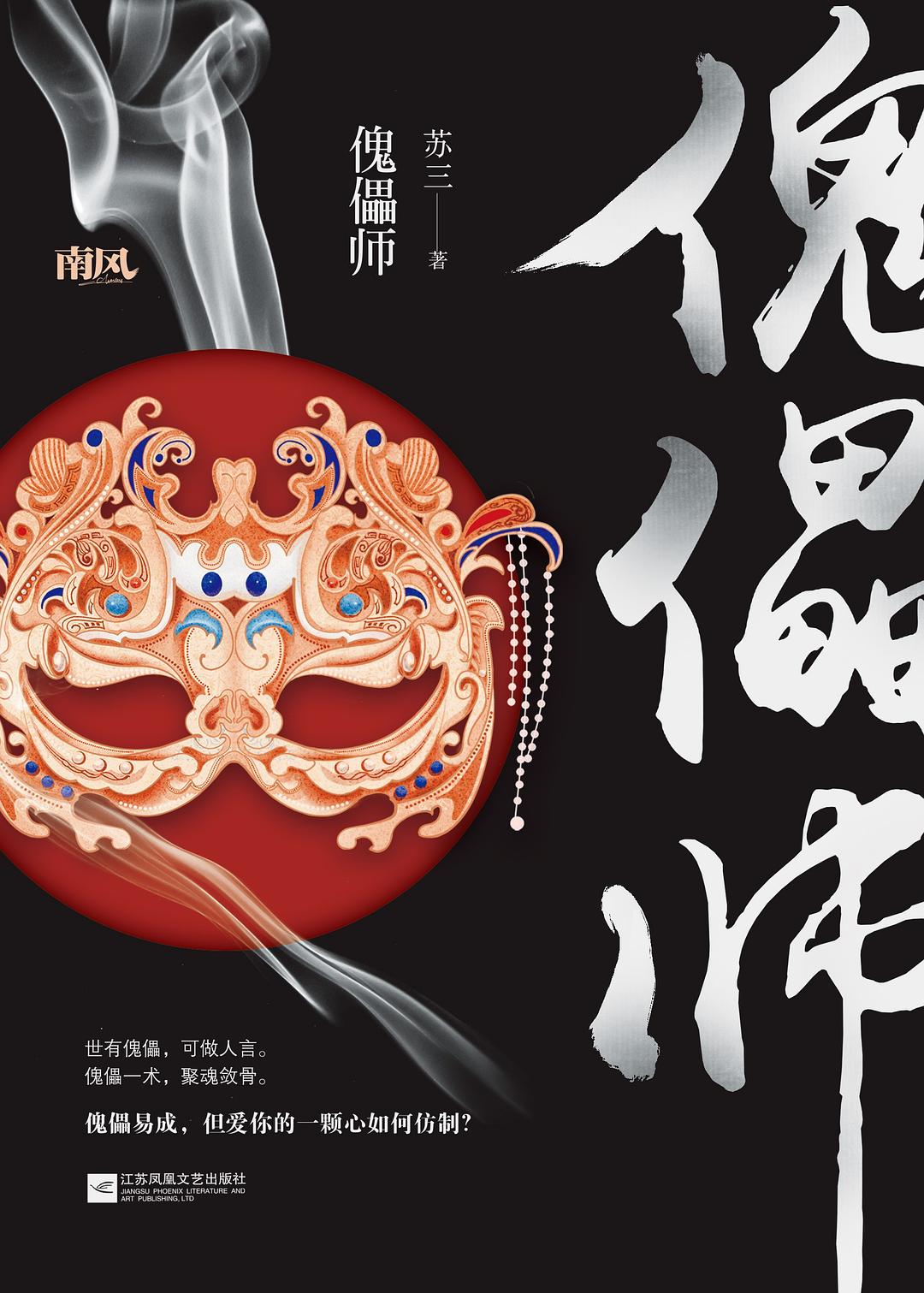
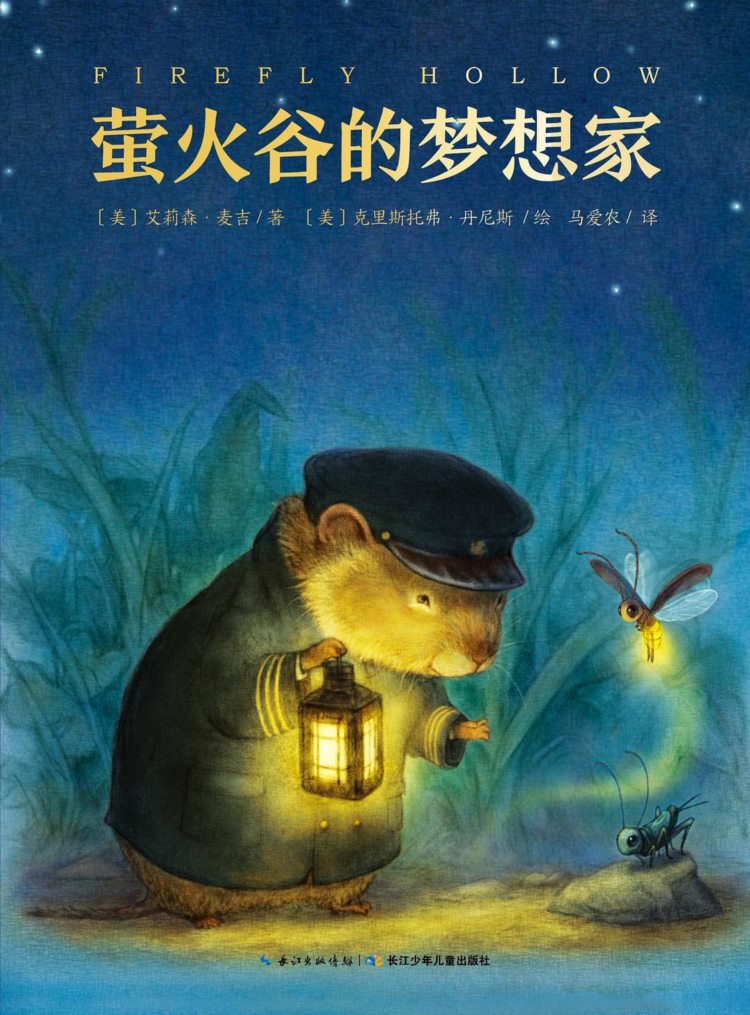
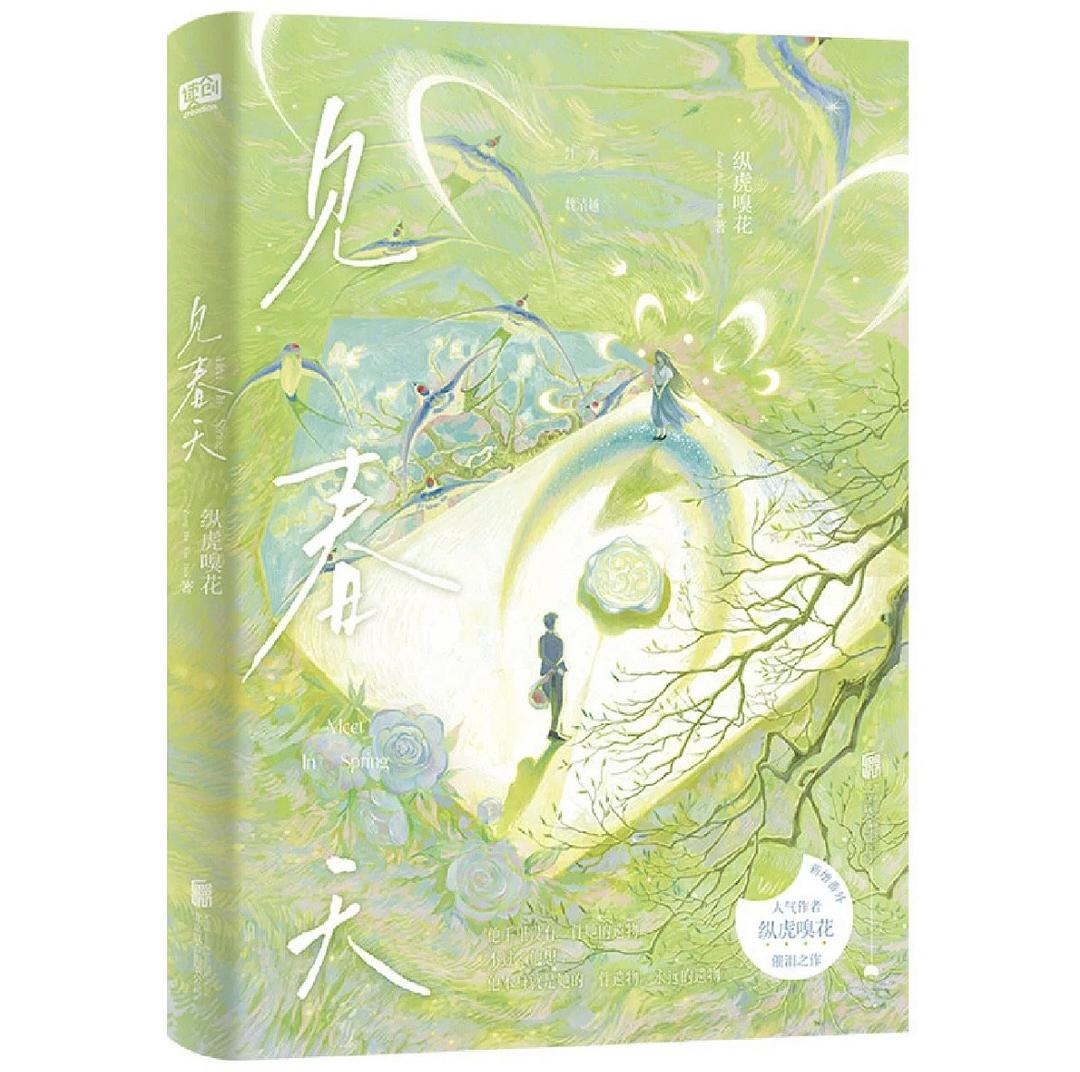

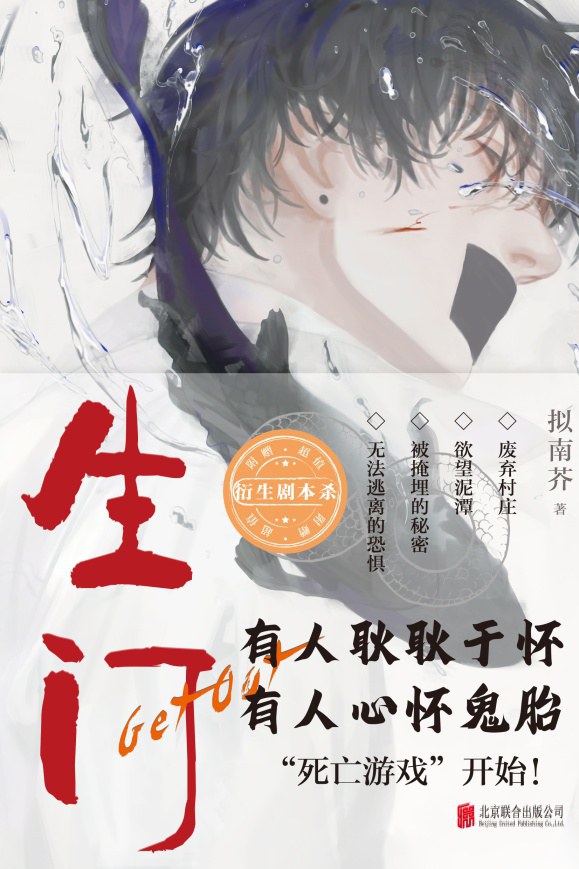



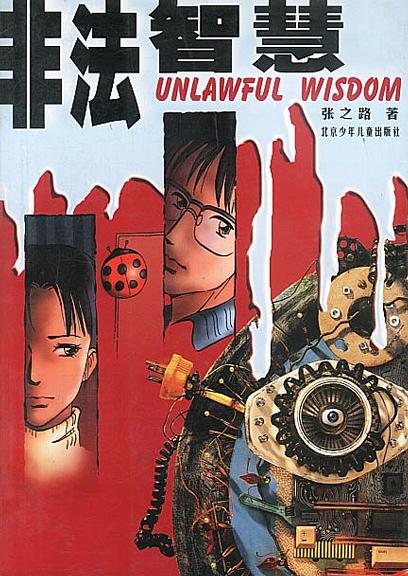
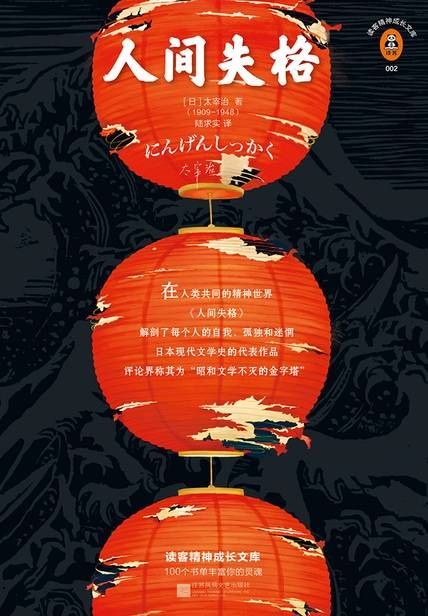
发表评价